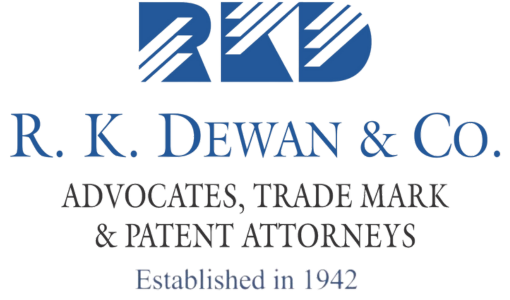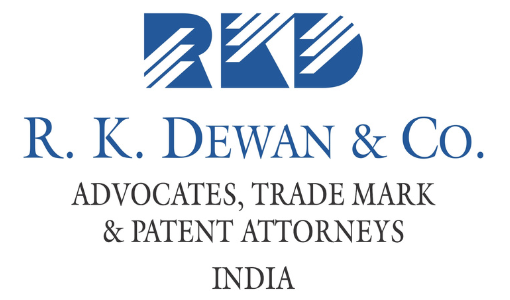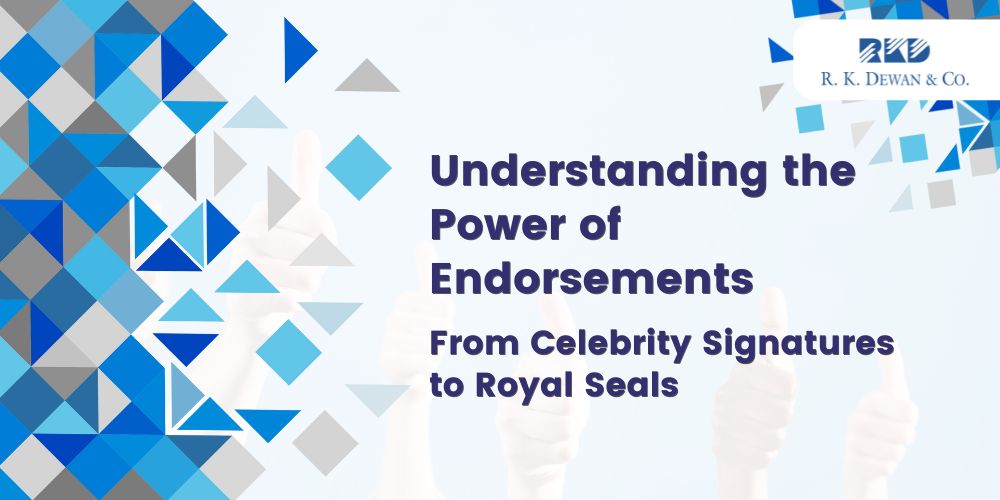In the realm of advertising, endorsements play a crucial role in influencing consumer behavior. This article delves into the various forms of endorsements, culminating in the prestigious realm of Royal Warrants bestowed by the British Royal Family.
A Spectrum of Endorsements
Endorsements come in a multitude of forms, each catering to a specific marketing strategy:
- Celebrity Endorsements: A ubiquitous presence, celebrities leverage their fame and positive associations to promote a brand. Imagine a renowned athlete endorsing a sports apparel brand or a musician vouching for a specific headphone company.
- Influencer Endorsements: The rise of social media has fostered a new breed of endorsers – influencers. These individuals cultivate substantial followings online, allowing them to promote products or services directly to their audience. An influencer endorsement might involve a social media post showcasing a product or a detailed video review. Companies targeting specific demographics can find influencers who resonate with their ideal customer base.
- Athlete Endorsements: Athletes, with their dedication and peak physical condition, can effectively endorse products relevant to their sport. A famous soccer player endorsing the shoes they wear on the field, for instance, can inspire fans to follow.
- Trade Organization Endorsements: Trade organizations, representing specific industries or professions, can lend credibility to a product by offering their endorsement. A company selling dental hygiene products, for example, might seek endorsement from the Indian Dental Association IDA), signifying the product’s safety and effectiveness.
- Product User Endorsements: The voices of everyday consumers hold value as well. Real people using and sharing their experiences with a product can be powerful endorsers. This can take the form of written testimonials, social media posts, or video reviews – all offering authentic perspectives to potential buyers.
- Professional Association Endorsements: Similar to trade organizations, professional associations representing specific professions can connect a product with a particular demographic.
- Safety Board Endorsements: Safety board endorsements can be particularly valuable for products like cosmetics, toiletries, and food items. Consumers are more likely to trust and purchase products endorsed by organizations focused on safety standards.
The Royal Warrant: A Hallmark of Prestige
However, amidst this spectrum of endorsements, one stands out as a unique mark of distinction – the Royal Warrant of Appointment. Issued by the British Royal Family since the 15th century, a Royal Warrant signifies that a brand has consistently supplied goods or services to a member of the Royal Family for at least five years. This signifies exceptional quality and service that meet the high standards of the Royal Household.
A Legacy Steeped in History:
The tradition of Royal Warrants stretches back centuries, evolving alongside the concept of royal patronage. Initially bestowed upon artists, the system transitioned to Royal Charters in the 12th century, granting privileges to trade guilds. By the 15th century, the Royal Warrant emerged as a more formalized system, with the Lord Chamberlain appointing tradespeople as suppliers to the Royal Household. One of the earliest recipients was William Caxton, the king’s printer in 1476.
A Signal of Quality:
A Royal Warrant served as a powerful public statement. It conveyed that the holder supplied goods deemed worthy of the Royal Household, implicitly inspiring consumer confidence. In an era where product quality was a concern, a Royal Warrant offered a reliable marker of value. By the 18th century, manufacturers recognized the power of this endorsement, even offering products at reduced prices to secure the coveted Royal Warrant and the associated publicity.
Modern-Day Significance:
Today, Royal Warrants remain a highly sought-after distinction. Companies holding a Royal Warrant are permitted to display the Royal Arms on their products and marketing materials. This potent symbol, recognized worldwide, instantly elevates brand perception. It conveys a sense of tradition, luxury, and excellence, setting the brand apart from competitors.
The Path to Royal Recognition:
The process of acquiring a Royal Warrant is not one of formal application. Brands with a long-standing history of supplying the Royal Household are nominated by the Royal Household Tradespeople’s Warrant Committee. This committee meticulously evaluates the brand’s quality, service, and reputation before a Warrant is granted by a member of the Royal Family.
A King’s Seal of Approval:
In conclusion, endorsements serve as a cornerstone of marketing. While various forms exist, the Royal Warrant stands out as an unparalleled symbol of prestige. It’s a testament to a brand’s unwavering commitment to quality and a mark of trust valued by consumers worldwide. For a fortunate brand, the Royal seal of approval unlocks a world of advantages, solidifying its position as a purveyor
Here are some examples of brands that are adorned with the Royal Warrant:
- Food and Beverages:
- Twinings (tea and coffee)
- Heinz (ketchup and baked beans)
- Cadbury (chocolate)
- Kellogg’s (cereals)
Fashion and Beauty:
- Burberry
- Penhaligon’s (fragrances)
- Floris London (perfumes and toiletries)
These are just a few examples, and there are hundreds of brands that hold Royal Warrants. The Royal Warrant is a valuable marketing tool, and brands that hold it are often seen as being more prestigious and reliable.
It’s important to note that with the passing of Queen Elizabeth II in 2022, all Royal Warrants granted by her became void. Brands that wish to retain the distinction need to reapply to King Charles III.
Liabilities of Endorser
Celebrity endorsements hold immense influence over consumer behavior. It’s essential to hold celebrities accountable for the products they endorse for several reasons:
Protection of Consumers
- Misleading Advertisements: Celebrities can inadvertently or intentionally mislead consumers about product quality or benefits. Liability ensures that they are responsible for false claims.
- Product Safety: If a product endorsed by a celebrity is found to be harmful, consumers expect recourse, and holding the celebrity accountable can deter such incidents.
Maintaining Ethical Standards
- Public Trust: Celebrities are role models. Holding them liable for misleading endorsements upholds ethical standards in advertising.
- Industry Accountability: Imposing liability on celebrities encourages careful product selection and due diligence, improving overall advertising practices.
Deterrence
- Financial Consequences: The risk of financial penalties can deter celebrities from endorsing products without proper scrutiny.
- Reputation Damage: Negative publicity from legal actions can harm a celebrity’s image and career.
Fair Competition
- Level Playing Field: Holding celebrities accountable prevents unfair advantage for businesses using such celebrity endorsements to make misleading claims.
By imposing liability on celebrity endorsers, we create a system where consumers are protected, ethical standards are upheld, and the advertising industry operates fairly.
The Supreme Court has tightened the reins on misleading advertisements. In a recent case Indian Medical Association v. Union of India involving Patanjali Ayurved, the court emphasized the accountability of both advertisers and endorsers.


